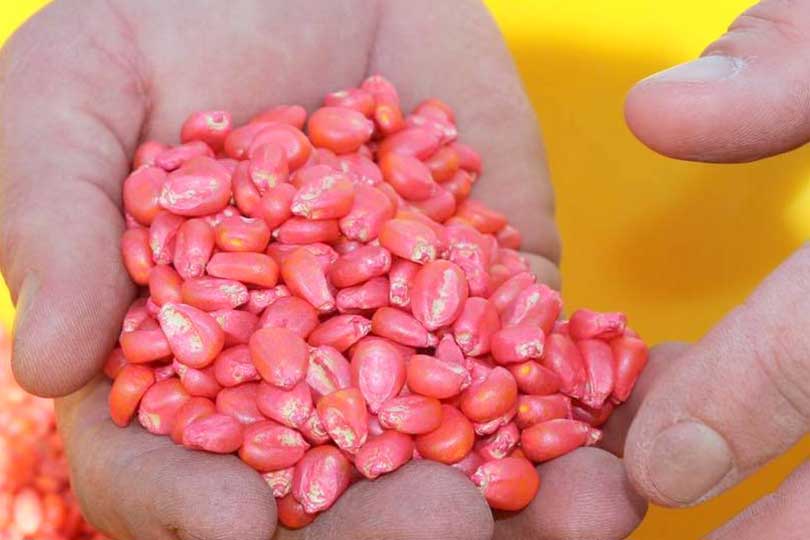By Jessica Domel
Multimedia Editor
The U.S. Department of Agriculture (USDA) is no longer moving forward with a set of proposed changes to national biotechnology regulations.
On Nov. 6, USDA Animal and Plant Health Inspection Service (APHIS) announced it will instead work with farmers, ranchers, scientists and other stakeholders to come up with the most-effective, science-based approach for regulating the products of modern biotechnology while also protecting plant health.
“It’s critical that our regulatory requirements foster public confidence and empower American agriculture while also providing industry with an efficient and transparent review process that doesn’t restrict innovation,” U.S. Secretary of Agriculture Sonny Perdue said.
To ensure both are effectively balanced, Perdue said USDA needs to take a fresh look, explore policy alternatives and continue the dialogue with all interested stakeholders, both foreign and domestic.
The now withdrawn proposal, developed by the Obama Administration, called for a new biotechnology approval program under the Plant Protection Act.
According to the “National Law Review,” if enacted, it would require APHIS to assess any potential research with biotechnology in plants to see if it poses a plant, pest or noxious weed risk.
If it does, APHIS would then require a permit to allow the use and movement of the plants—even if the GMO prototype is only being used in plot testing.
The regulations would fall under APHIS, because it oversees the import, interstate movement and environmental release of GMOs.
The use of biotechnology and the regulation of it will grow in importance in the coming years, Perdue noted, as the world’s population is expected to hit 9.5 billion by 2050.
“To put the demand for food into perspective, we are going to have to double our production between now and 2050. We will have to produce more food in the next 30 years than has been produced in the last 8,000 years,” Perdue said. “Innovations in biotechnology have been helping American farmers produce food more efficiently for more than 20 years, and that framework has been essential to that productivity. We know that this technology is evolving every day, and we need regulations and policies that are flexible and adaptable to these innovations to ensure food security for the growing population.”
As APHIS moves forward with biotechnology regulations, the department will post updates on their website.

